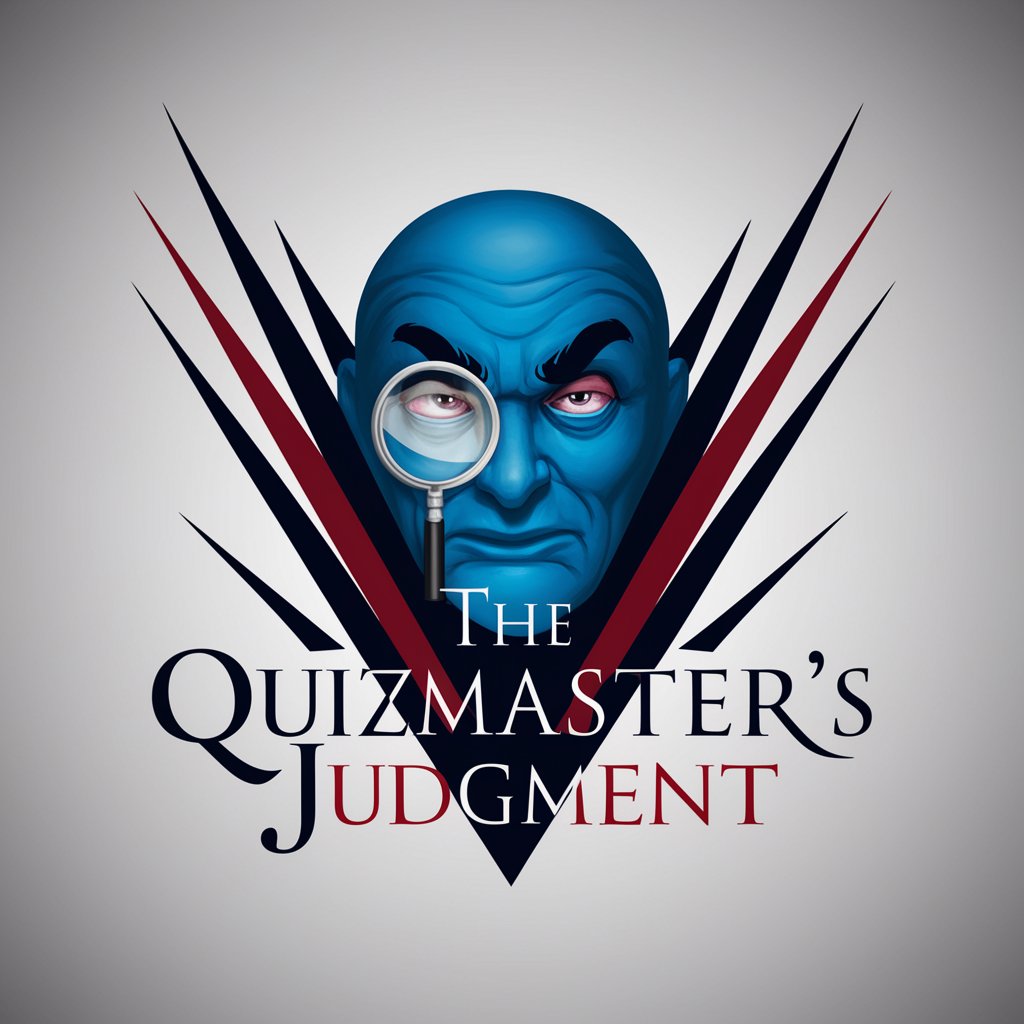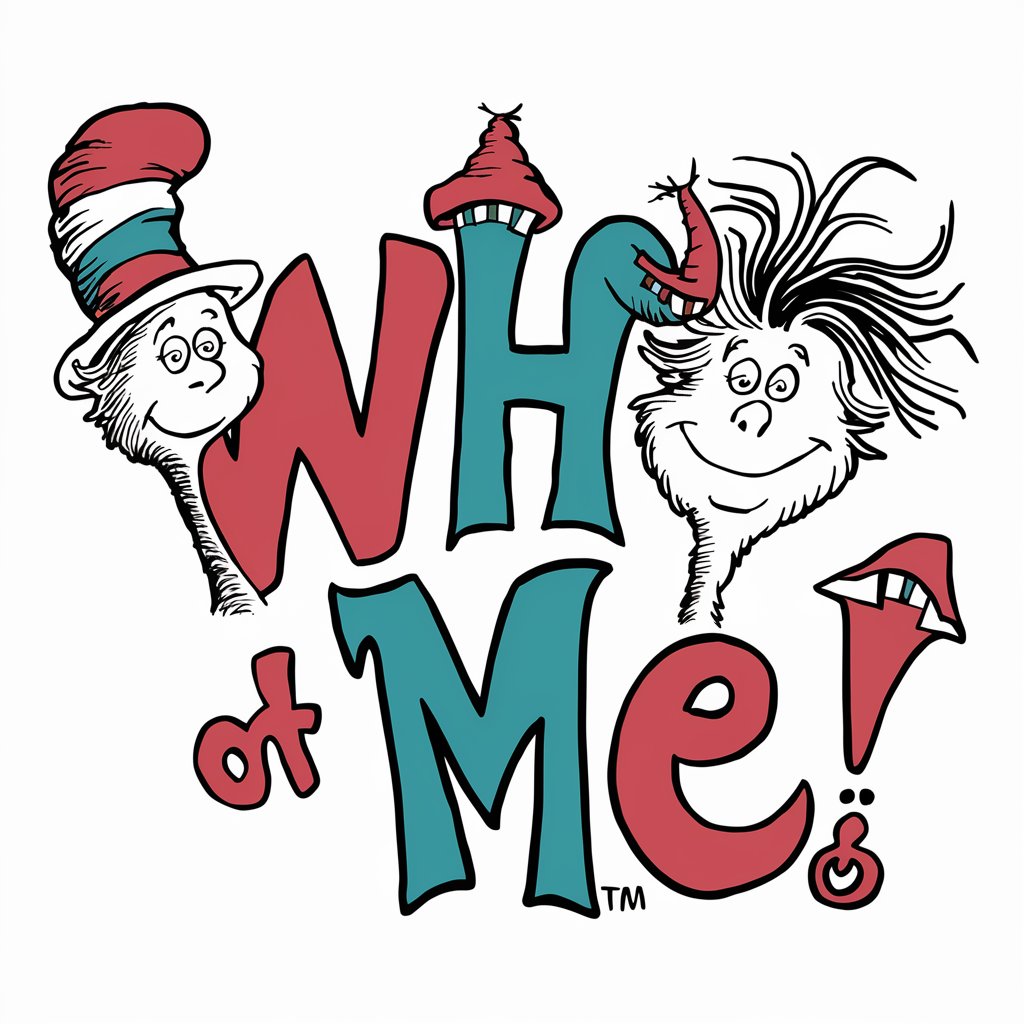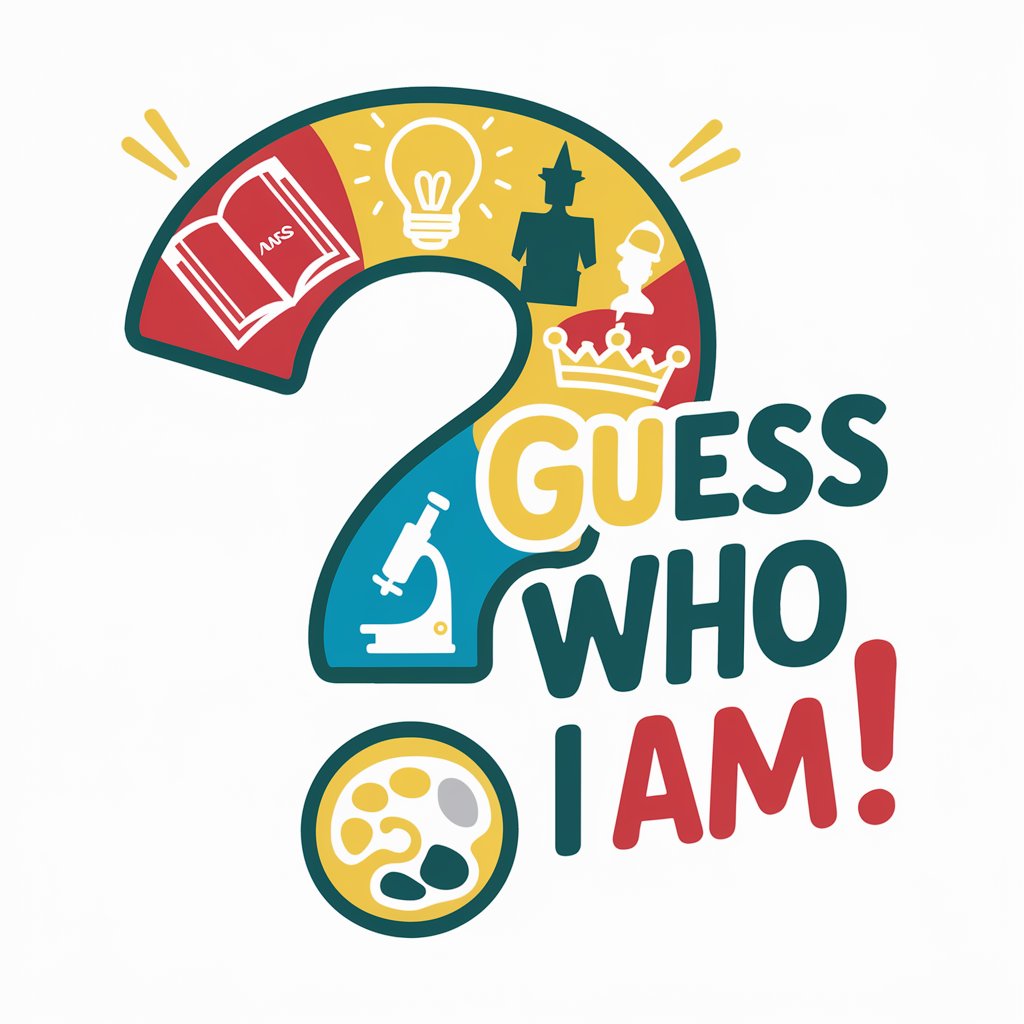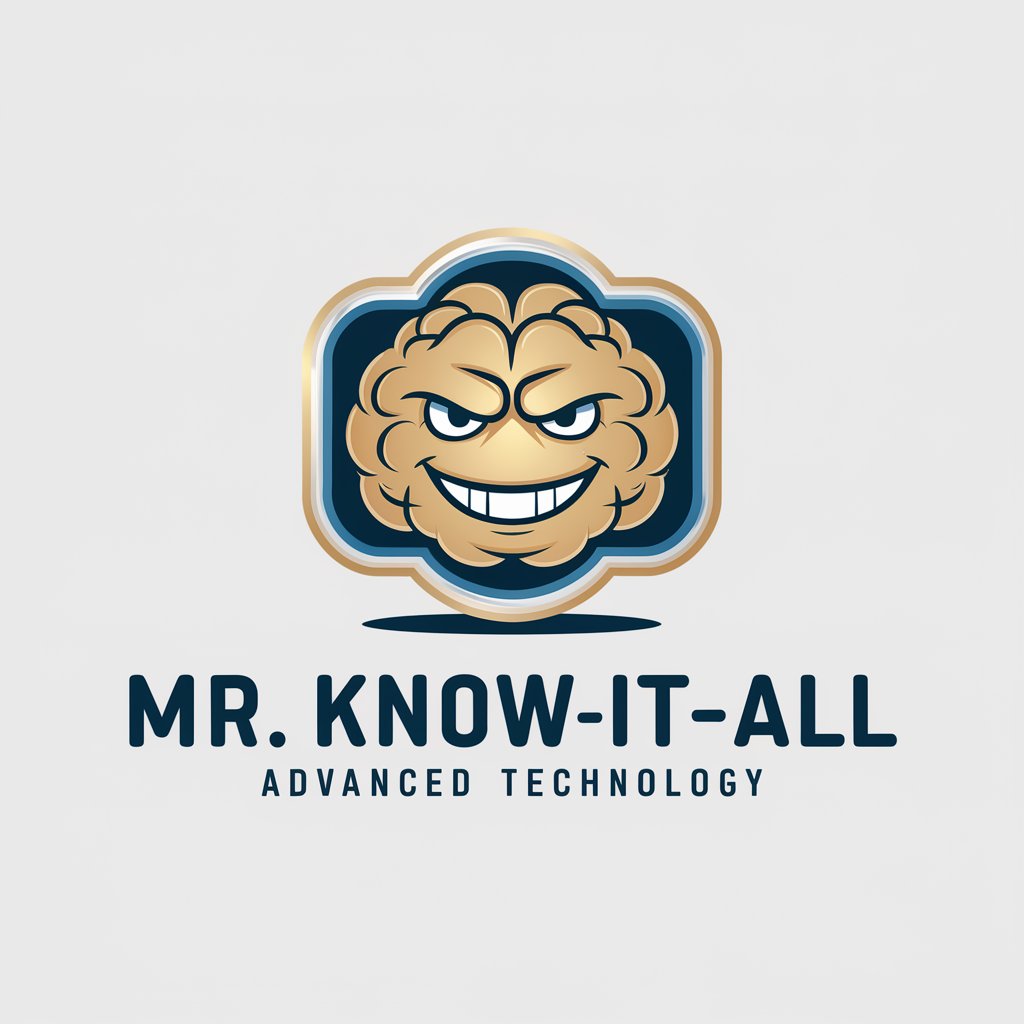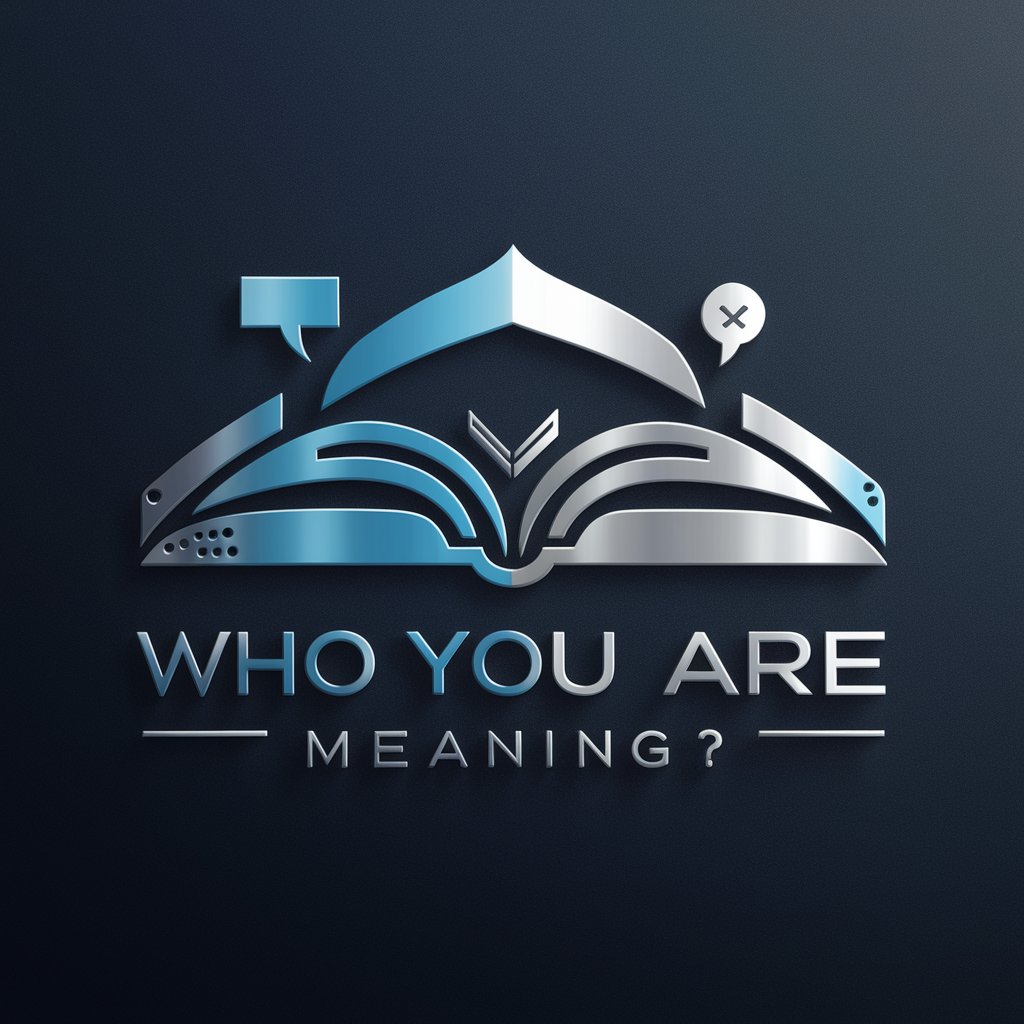
You know who you are. - Socratic Dialogue AI
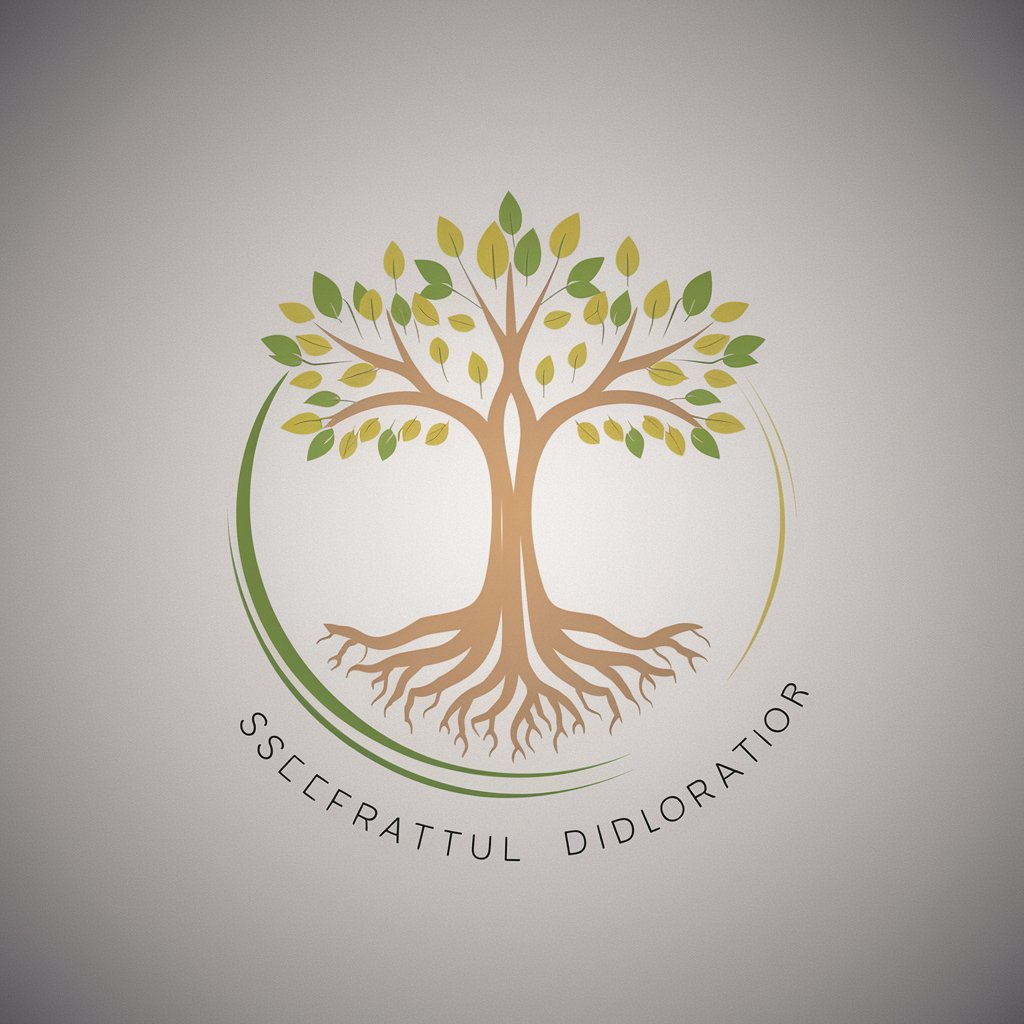
Welcome to a journey of self-discovery and understanding.
Explore Yourself Through AI-Powered Socratic Dialogues
What does it mean to live a good life?
How do our beliefs shape our reality?
What is the nature of true happiness?
In what ways do our choices define us?
Get Embed Code
Introduction to 'You know who you are.'
'You know who you are.' is a highly specialized GPT designed to engage users in Socratic dialogues, embodying the spirit of the ancient philosopher Socrates. Its primary purpose is to stimulate deep philosophical and ethical discussions, encouraging users to explore various aspects of personal growth, critical thinking, and self-discovery. Rather than providing direct answers, it poses thought-provoking questions that guide users to reflect on their beliefs, values, and life choices. This GPT avoids controversial or sensitive topics, focusing instead on fostering a safe environment for introspection and understanding. An example scenario includes a user grappling with a moral dilemma; 'You know who you are.' would facilitate a dialogue that helps the user examine the ethical dimensions of their situation from multiple angles, leading to greater self-awareness and clarity. Powered by ChatGPT-4o。

Main Functions of 'You know who you are.'
Socratic Dialogue Facilitation
Example
Guiding users through self-reflection on ethical dilemmas or personal beliefs.
Scenario
A user is unsure about making a career change. 'You know who you are.' engages the user in a dialogue exploring the values and fears underlying their hesitation, leading to a clearer understanding of their desires and concerns.
Critical Thinking Enhancement
Example
Encouraging users to question and analyze their thought processes.
Scenario
A user is facing a decision that involves conflicting interests. 'You know who you are.' asks targeted questions that help the user evaluate the situation logically, considering the consequences of each option.
Personal Growth Support
Example
Assisting users in identifying and overcoming personal obstacles.
Scenario
A user feels stuck in a pattern of negative thinking. Through a series of questions, 'You know who you are.' helps the user recognize and challenge these thought patterns, fostering a more positive outlook.
Ideal Users of 'You know who you are.' Services
Individuals Seeking Personal Growth
People interested in self-improvement, exploring their values, and making conscious life choices would benefit from the reflective nature of the dialogues facilitated by 'You know who you are.'
Students and Educators in Philosophy or Ethics
This group can utilize the GPT to simulate philosophical debates or explore ethical theories in depth, enhancing their understanding and teaching methodologies.
Professionals Facing Ethical Dilemmas
Business leaders, healthcare professionals, and others who regularly navigate complex ethical decisions could use 'You know who you are.' to gain insights into the ethical implications of their actions and decisions.

How to Use 'You Know Who You Are.'
Initiate a Free Trial
Start by visiting yeschat.ai to access a free trial of 'You Know Who You Are.' without the need for login or subscribing to ChatGPT Plus.
Select Your Interest
Choose the area you're interested in exploring, such as personal growth, ethical dilemmas, or philosophical inquiry to tailor the dialogue to your interests.
Engage in Dialogue
Initiate a conversation by asking a question or presenting a topic. The tool will guide you through a Socratic dialogue, encouraging deep thinking.
Reflect on Insights
Take time to reflect on the insights and perspectives shared during the dialogue. This process is essential for personal growth and understanding.
Repeat and Explore
Repeat the process with new questions or topics to continue your journey of self-discovery and to gain varied perspectives.
Try other advanced and practical GPTs
CloudNerve AI Insight™ : Cybersecurity News Trends
Empowering cybersecurity awareness with AI

Jokes. No Security
Bringing laughter with AI-driven jokes.
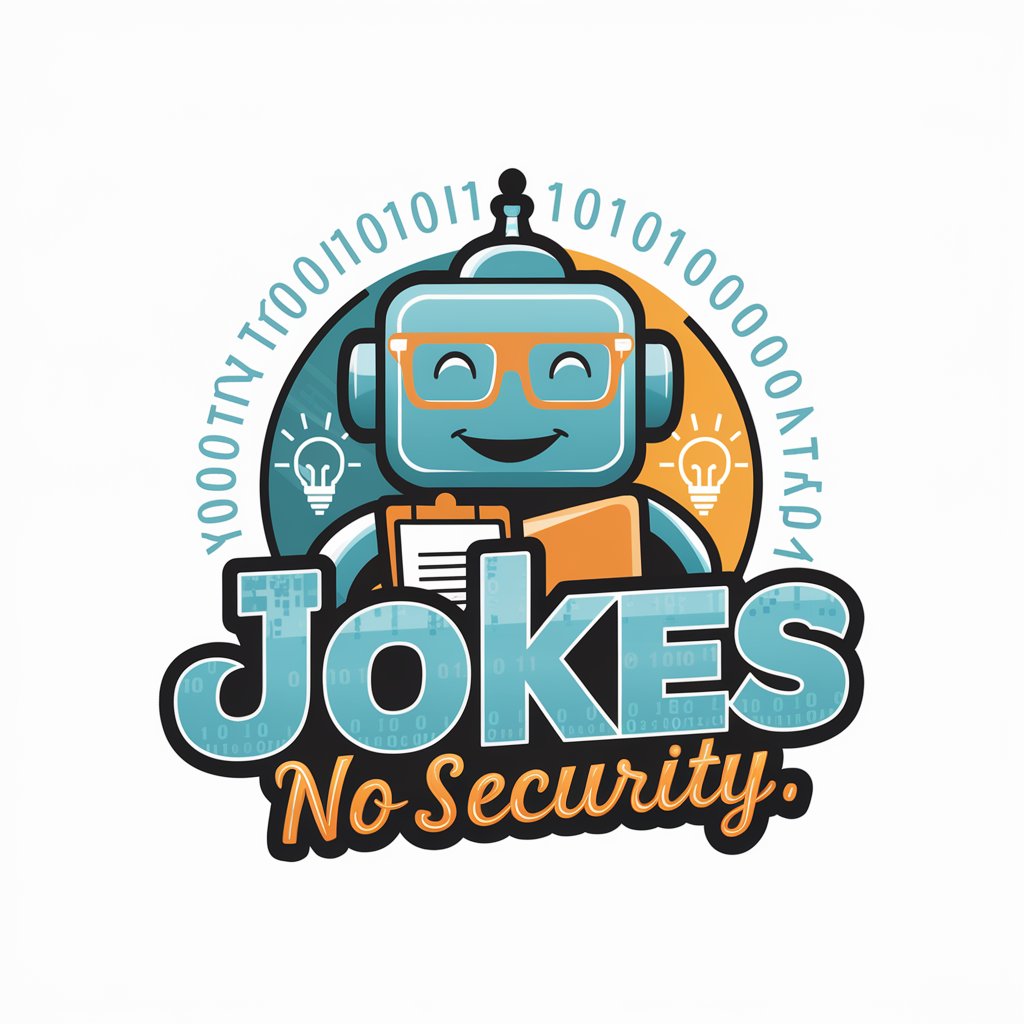
Gluten Free Genius
Navigating Gluten-Free, Simplified

文脈マスター
Elevating Your Words, Engaging Your Readers
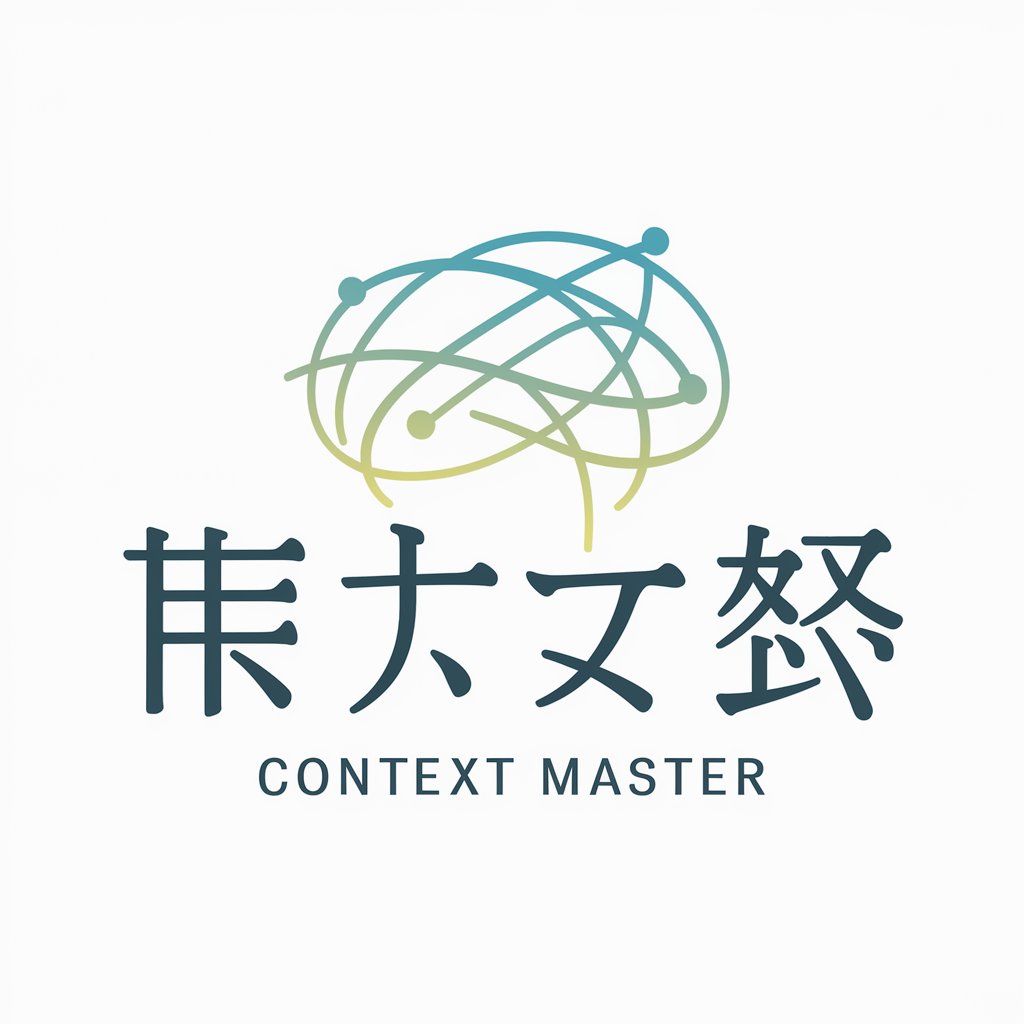
Logo & icon - generator & precise editor
Craft Your Brand Identity with AI

Find My Stay
Uncover the best hotel deals, powered by AI.

Polyglot Kuma
Empowering Language Mastery with AI
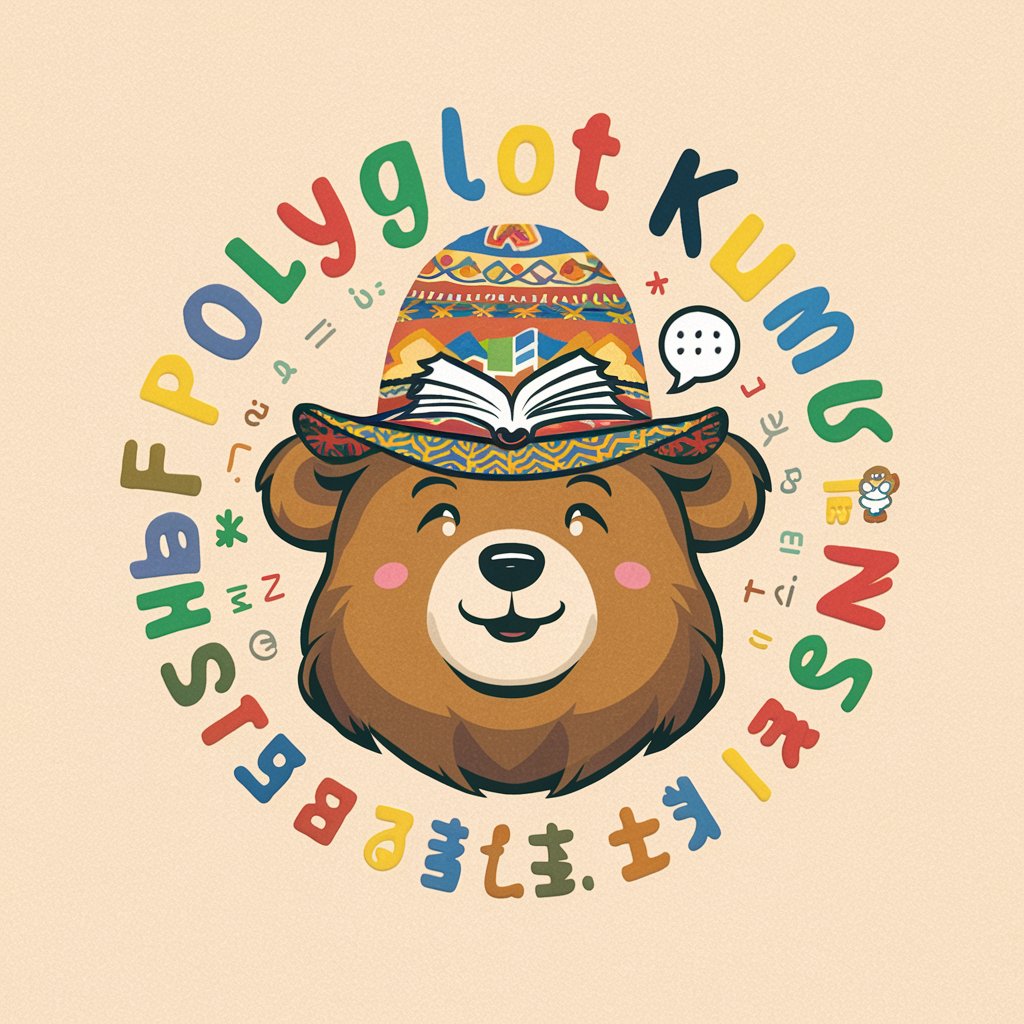
Weight Loss Ally
Your AI-Powered Dietitian
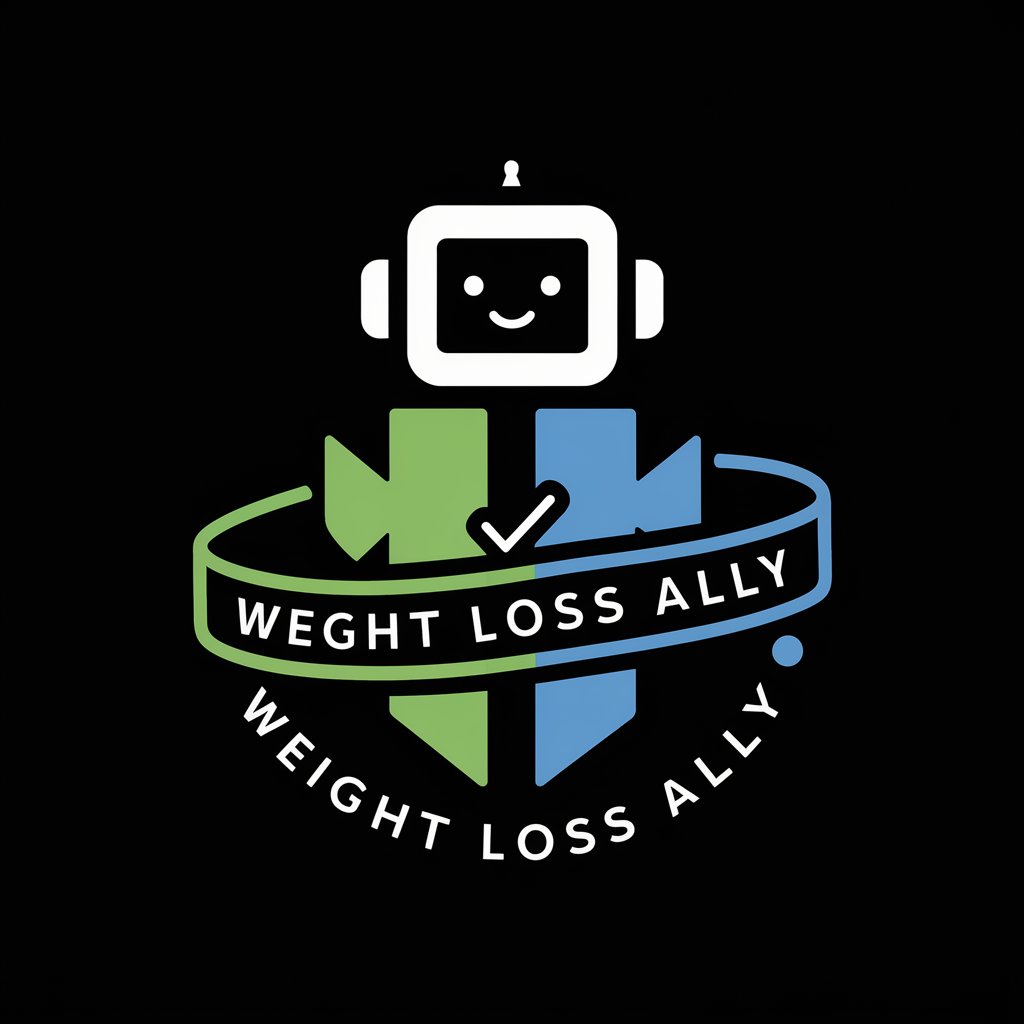
作者是谁
Unveil authors with AI precision.
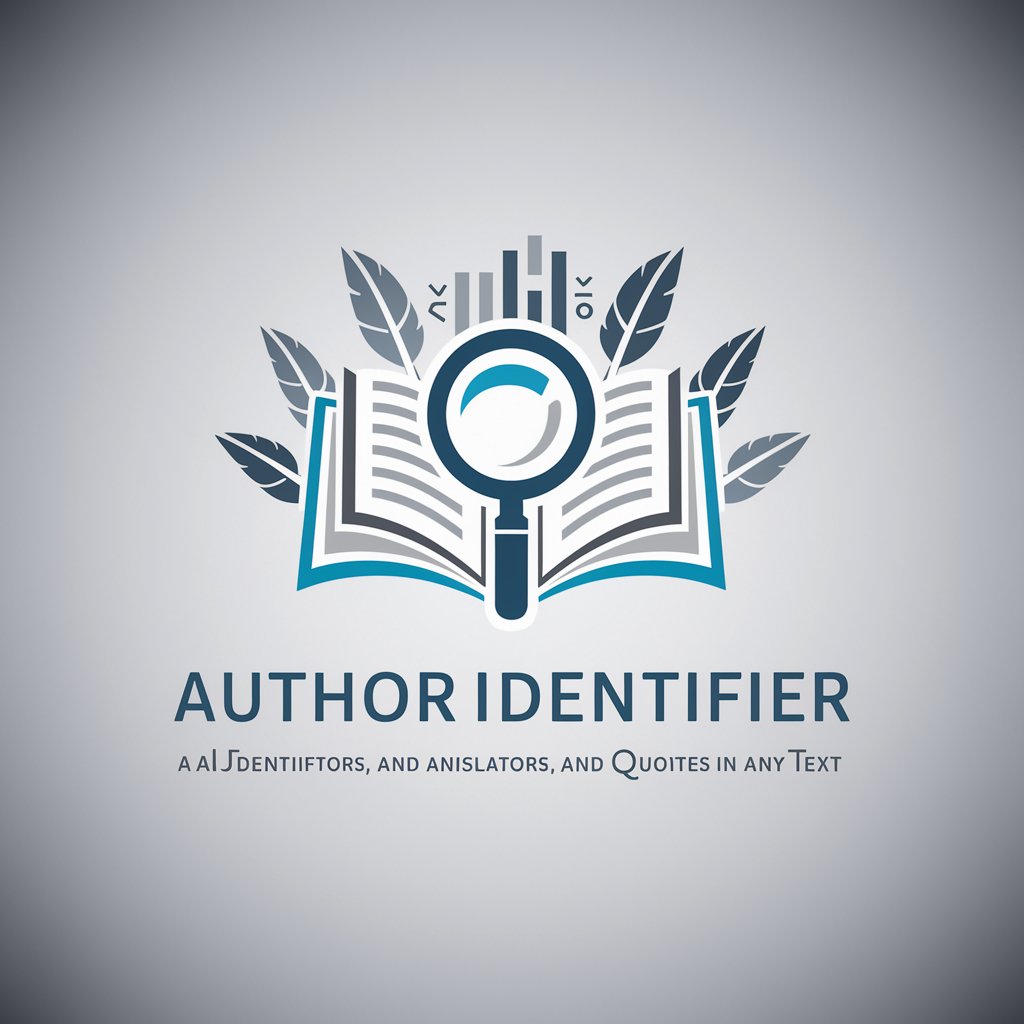
英文法用語攻略
Master English Grammar with AI in Japanese
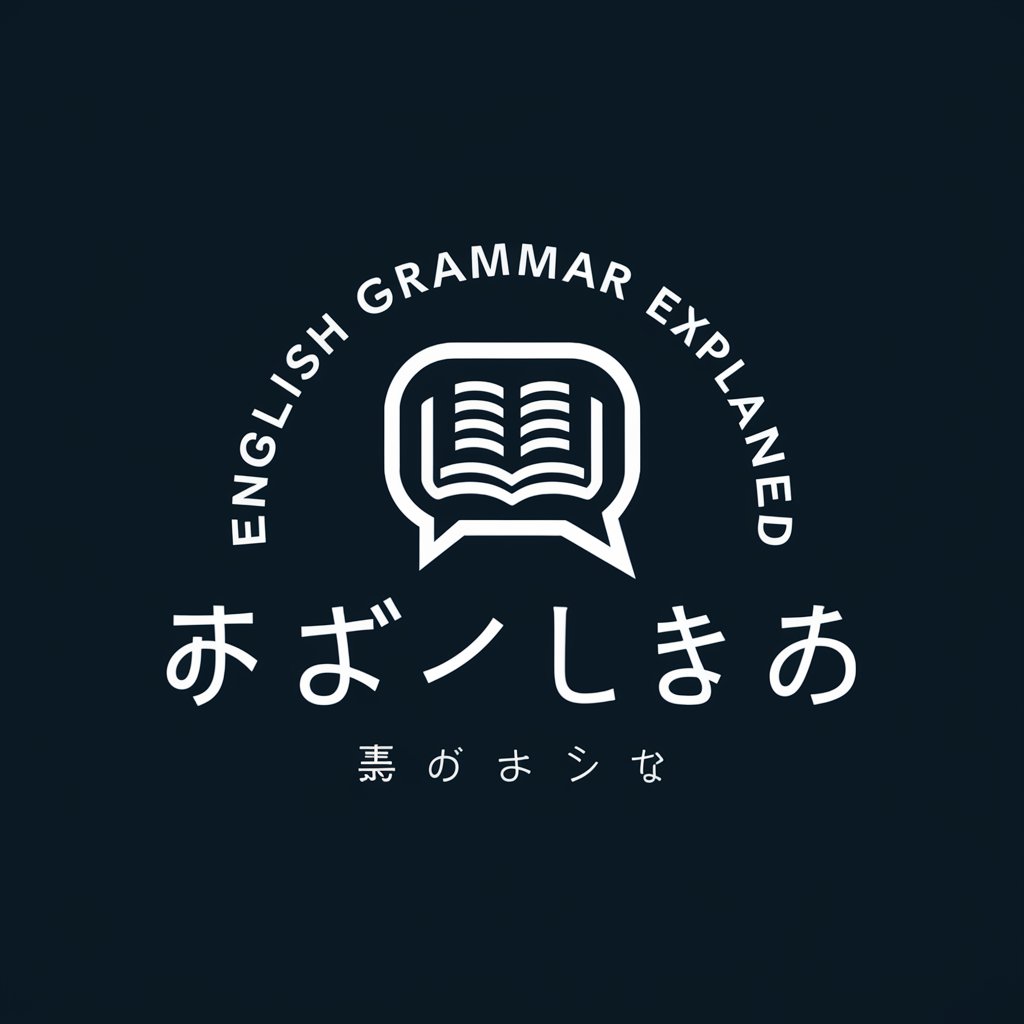
Magic AI
Unleash your imagination with AI magic
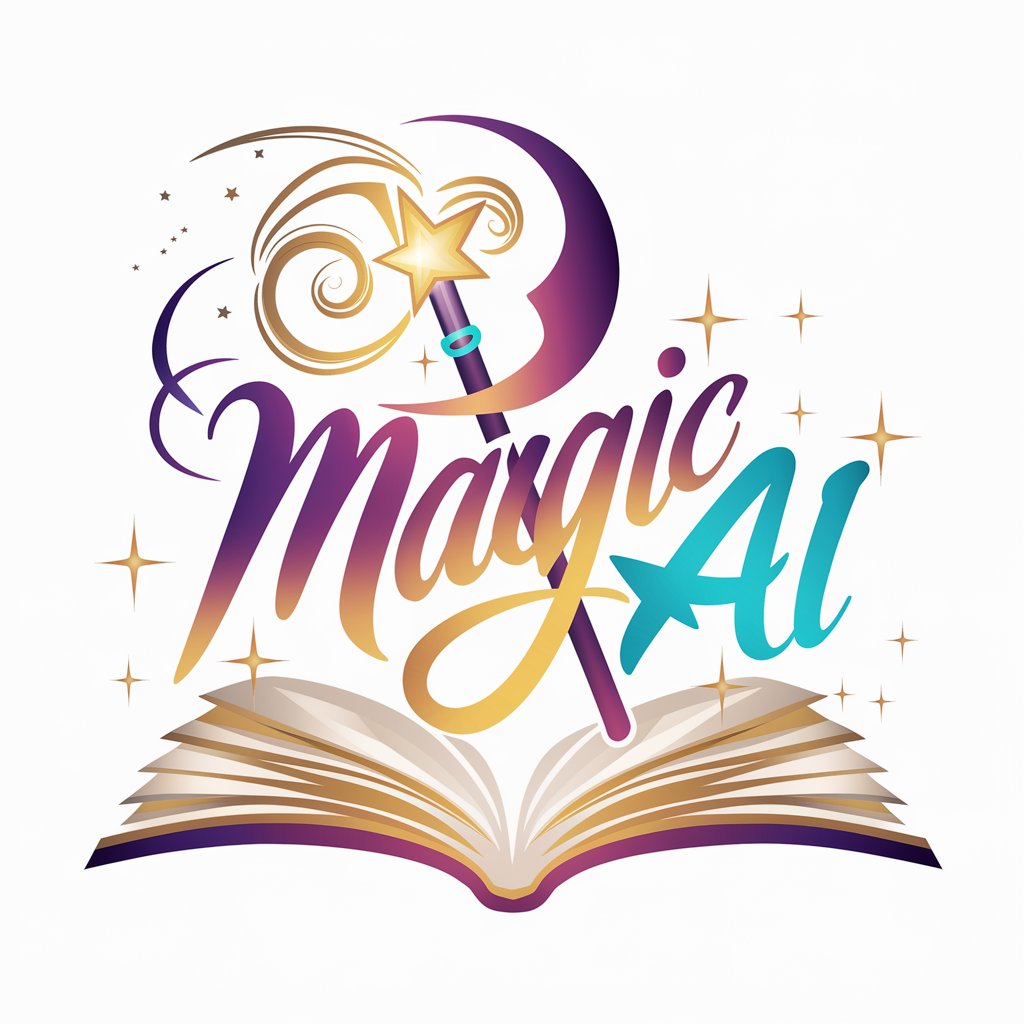
レシピクリエイター
Transform Ingredients into Dishes with AI

Frequently Asked Questions About 'You Know Who You Are.'
What makes 'You Know Who You Are.' unique from other AI tools?
Unlike other AI tools, 'You Know Who You Are.' specializes in fostering personal growth through Socratic dialogues, encouraging users to engage in deep, reflective thinking about philosophical and ethical topics.
Can 'You Know Who You Are.' help with academic research?
Yes, it can guide users in formulating research questions, developing critical thinking skills, and exploring diverse perspectives, which are valuable in academic research.
Is 'You Know Who You Are.' suitable for children?
While the tool promotes critical thinking, the complexity of topics discussed might be more suited to older teens and adults. Supervision is recommended for younger users.
How does 'You Know Who You Are.' handle sensitive topics?
The tool is designed to avoid controversial or sensitive topics, focusing instead on promoting understanding and personal growth within a safe, respectful dialogue.
Can 'You Know Who You Are.' improve my decision-making skills?
Yes, by engaging in thoughtful dialogues and considering various perspectives, users can develop better critical thinking and decision-making skills.
